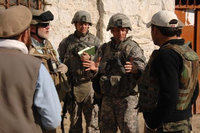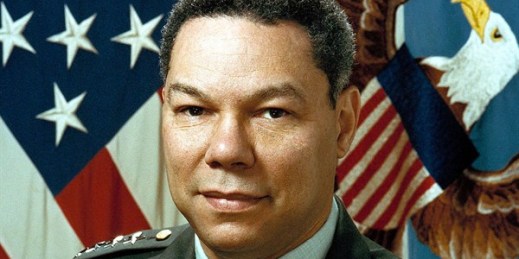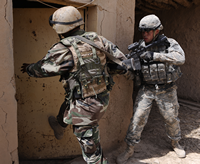
Last February, the office of the Special Inspector General for Iraq Reconstruction published a comprehensive 456-page historical analysis of the Iraq reconstruction experience entitled, “Hard Lessons.” The IG, Stuart Bowen — who was there from the beginning, assuming the post actually before the invasion — was kind enough to send me a copy this week. Having now read it, I must say it’s an incredible piece of data collection and analysis, even if, in my opinion, its concluding optimism about the U.S. government’s recent efforts to better prepare itself for the next “Iraq” — already upon us in the form […]


